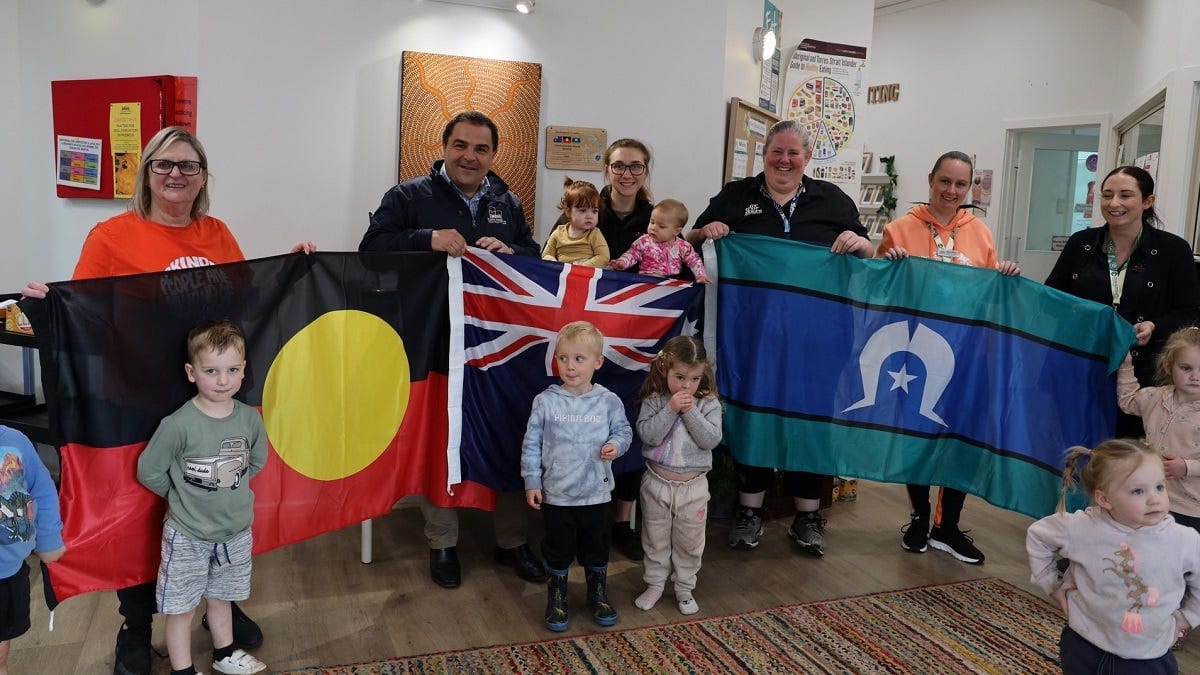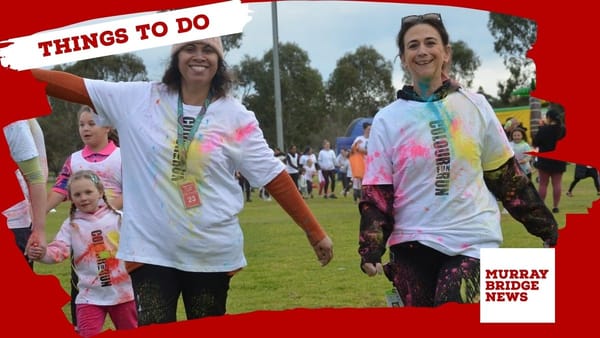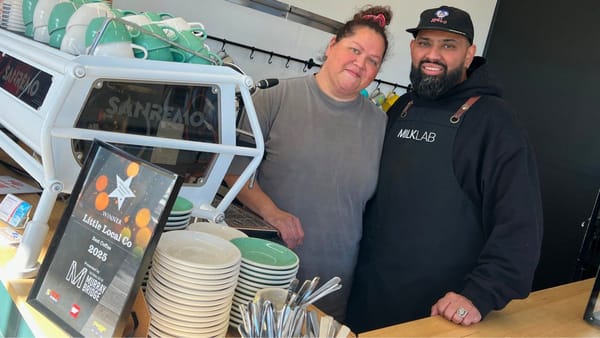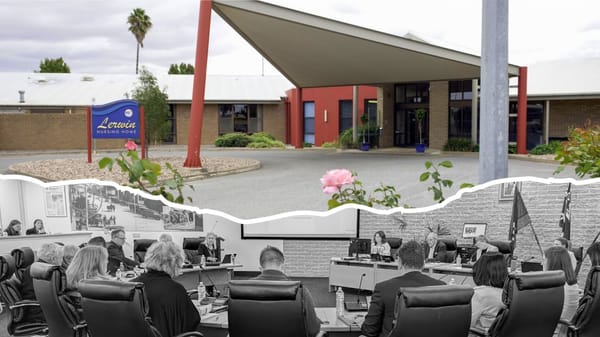Voice to Parliament would devalue Australian citizenship, MP Tony Pasin claims
The Member for Barker, the Murraylands’ representative in Canberra, is campaigning for a “no” vote on the Aboriginal and Torres Strait Islander Voice.

A Voice to Parliament would only sow racial division and create two classes of Australian citizenship, the Murraylands’ representative in Canberra says.
Tony Pasin was one of 25 federal MPs who voted against establishing an Aboriginal and Torres Strait Islander Voice, enshrined in the Constitution, when the question was put to the House of Representatives on May 31.
All Labor and crossbench MPs, and three quarters of Liberal MPs, voted in favour.
Mr Pasin argued that creating an elected advisory body would mean new citizens would no longer be able to say that they were as Australian as Gough Whitlam, Don Bradman or Albert Namatjira.
“There will be two classes of Australian citizens: there will be those Australian citizens who can trace their heritage to Australia’s first peoples and there will be others,” he said in Parliament.
Rather than ending racial division in Australia, like the 1967 referendum on Aboriginal people’s rights had done, the proposed Voice referendum would do “the exact opposite”.
The idea had also been rushed, he said, despite the years of consultation with Indigenous people which have taken place around Australia, including in Murray Bridge, since representatives from around the country issued the Uluru Statement from the Heart in 2017.
“It took a decade” to write the Constitution in the 1890s, Mr Pasin said, and “we haven’t had constitutional conventions like those which we had in the lead-up to the republic debate” in the 1990s.
Mr Pasin argued that the government needed to “put partisan politics aside” and forget about putting the Voice in the Constitution.
It would be better just to create it using legislation, he said.
For what it’s worth, that idea was rejected by the leaders of the Ngarrindjeri people, traditional owners of the Murraylands, who spoke at a consultation session in 2021; and by two elders who spoke to Murray Bridge News about the issue earlier this year.
The Voice had to be put in the Constitution, they argued, so that governments could not abolish it – just like the National Aboriginal Consultative Committee in 1977, the National Aboriginal Conference in 1985, the Aboriginal and Torres Strait Islander Commission in 2005, the National Indigenous Council in 2008 and the National Congress of Australia’s First Peoples in 2019.
Mr Pasin said he was in favour of recognising Aboriginal and Torres Strait Islander people in a preamble to the Constitution.
A proposal to add a preamble to the Constitution was defeated at a referendum in 1999.
Debate about the Voice proposal will continue in the Senate and then, if it passes, be put to the Australian people at a referendum later this year.
- Read more: What is the First Nations Voice, and why is it important? Two Ngarrindjeri elders explain
- More information about the proposal for a national Aboriginal and Torres Strait Islander Voice: voice.niaa.gov.au.
- Read the Uluru Statement from the Heart: ulurustatement.org.
Locals support locals. Your support helps Murray Bridge News tell important local stories.





